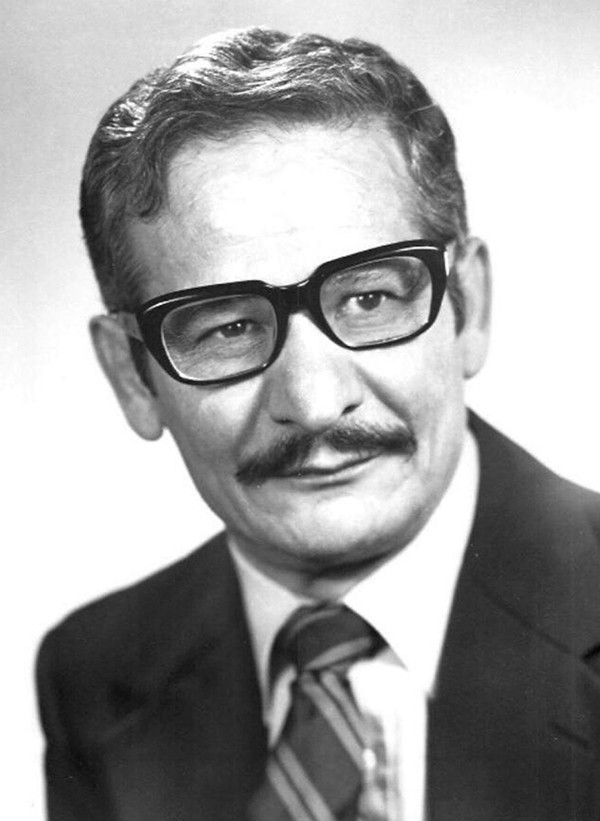Kavous Keshavarz, poultry nutrition expert, dies at 82
By Krishna Ramanujan
Kavous Keshavarz, professor emeritus in the Department of Animal Science and an expert in poultry nutrition, died Jan. 7 in Atlanta, Georgia. He was 82.
Keshavarz, who lived in Athens, Georgia, was well-known for his work on how nutrition affects egg size and eggshell quality in poultry, which provided important guidance for New York and Northeast egg producers. His program also provided a model for integrating applied research and extension to address important stakeholder issues.
“Professor Keshavarz was widely respected both within the Department of Animal Science and more broadly in the poultry industry for his productive applied research and extension program related to poultry nutrition and management,” said Tom Overton, chair and professor in the Department of Animal Science, in the College of Agriculture and Life Sciences.
Born in Iran in 1938, Keshavarz received his bachelor’s degree in agriculture from Pahlavi University in Shiraz, Iran, in 1961. Keshavarz received a master’s from Reading University in the U.K. in 1965, and a doctorate in poultry nutrition from the University of Georgia in 1971. Throughout his graduate school years and until 1978, Keshavarz returned to Iran to teach animal science at Shiraz University (formerly Pahlavi University), where he had risen to the rank of associate professor.
From 1978 to ’81, he was a postdoctoral researcher at the University of Georgia, where he conducted research on poultry nutrition, and studied the effects of temperature fluctuations on heat production and energy efficiency in broiler chickens.
Keshavarz was hired as an assistant professor of poultry extension in the former Department of Poultry and Avian Science in 1981. He joined the Department of Animal Science in 1991 and was promoted to full professor in 1998; he retired in 2002.
“He devoted himself to his roles and worked extremely hard in his office and laboratory,” said Xingen Lei, professor of animal science, whose office was next door to Keshavarz’s. “He performed numerous large poultry nutrition experiments with his technician at the Cornell Poultry Teaching and Research Farm and he was actively engaged with the poultry producers and feed companies.”
Among his many extension activities, Keshavarz interacted with feed companies, consultants and New York state industry nutritionists, and helped formulate poultry feed and solve feed-related problems faced by New York poultry producers.
Keshavarz is survived by his children, Sally Kesh and Sandra Kesh.
Services will take place in Iran, at a date to be determined.
Media Contact
Get Cornell news delivered right to your inbox.
Subscribe

